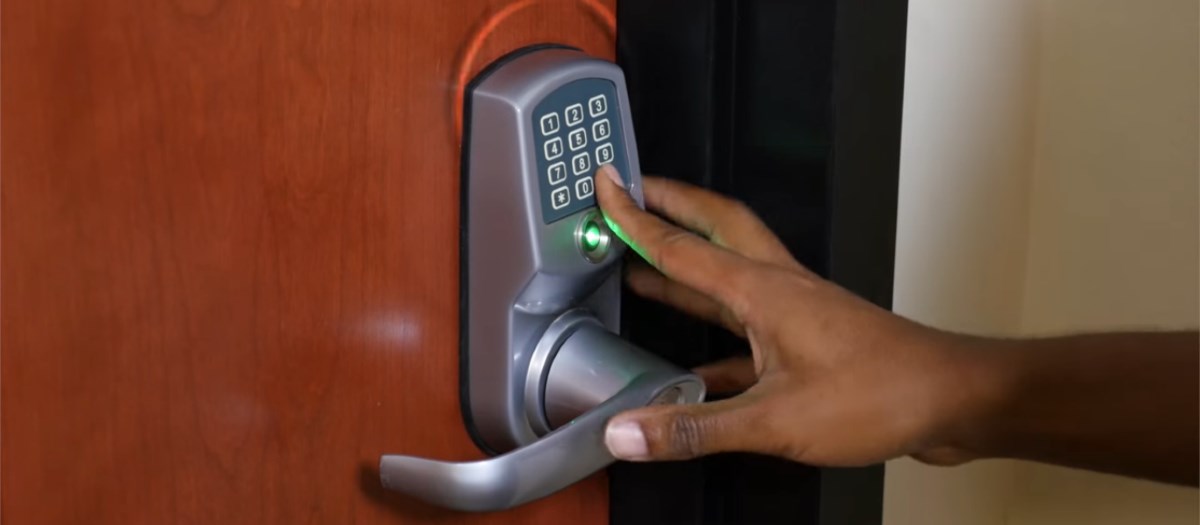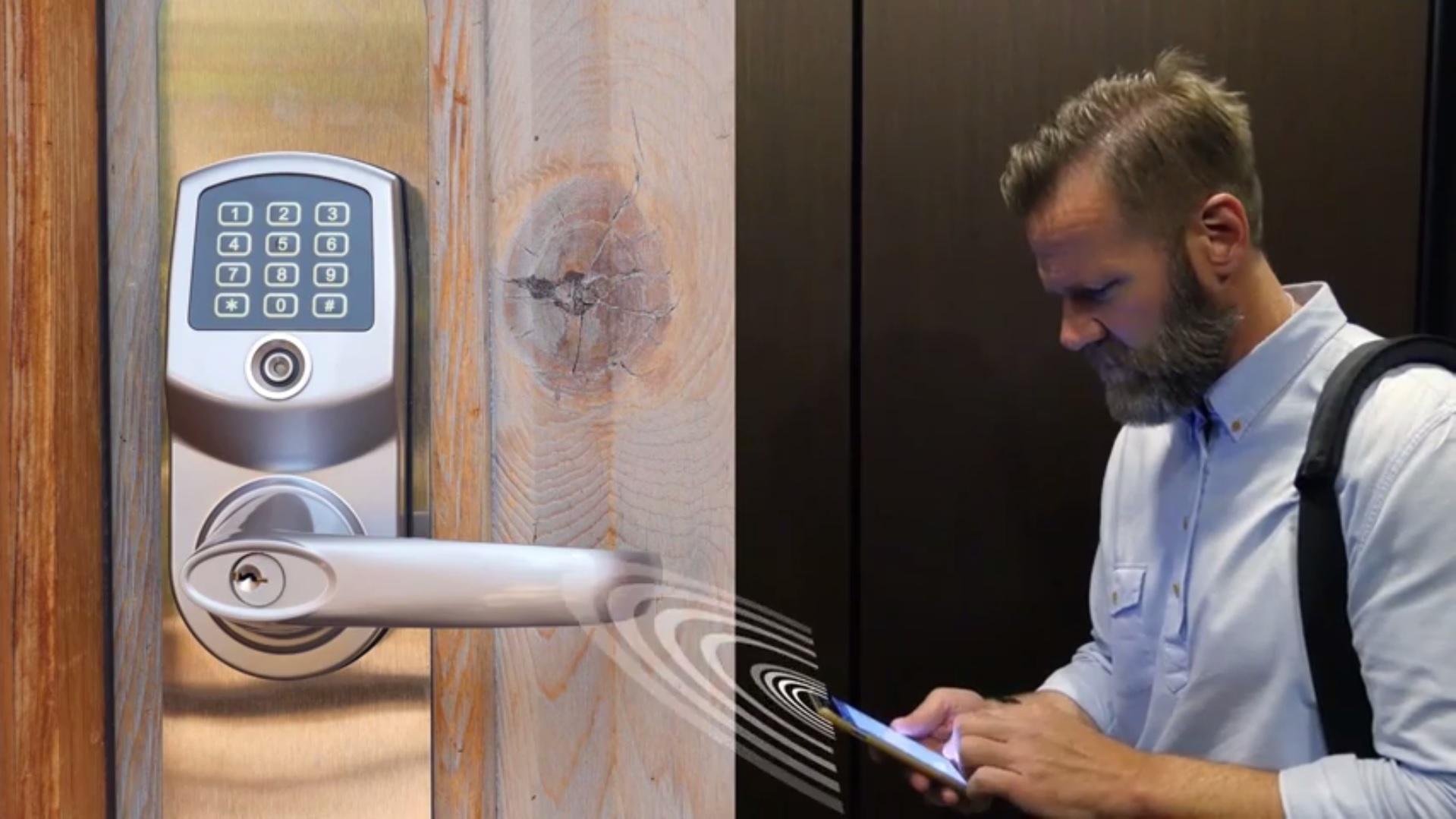A bug in the software has disabled hundreds of smart locks.

Nowadays, a small mistake made by a programmer, for example, in the number of decimal places or the comma itself (well, you just forgot to put it) can lead to huge problems. This applies to energy, military, aerospace, financial sphere, as well as many others. There were precedents with non-working satellites, rockets, smart cars, when software developers forgot to specify something or simply sealed it. And if we consider that now even refrigerators are supplied with their own computing unit with Internet access, it becomes clear that in the future we will be faced with problems that seemed a few years ago to be fiction.
Actually, the fridges themselves with access to the network were once quite funny joke. But now it is a reality. And it’s not only in refrigerators. Now everything has become clever - from irons to cars. Locks are also included in this list. Yes, those are the locks that lock our apartments and houses. Dozens of manufacturers develop and sell devices that can lock the doors automatically, at the owner’s command, filed over the Internet, plus they have a number of useful and pleasant functions. But the trouble is that by making a mistake when writing software for such a system, the manufacturing company can disable hundreds or even thousands of locks by arranging the closed doors day to its customers. That is what happened recently with devices from the company Lockstate.
The developers of this organization have released a firmware update, which turned the smart locks into the most ordinary. Fortunately, this device also has the usual unlocking mechanism, which works in the old manner, with a key. And so the owners would get into a much more unpleasant situation than simply having to replace the smart part of the castle.
True, this is not a too trivial task. In order to liven up your castle, Lockstate owners have two options. The first is to remove the back panel of the device and send it to the manufacturer so that the update can be done manually. The second is to order a new lock, as a replacement for the old one, with a waiting time of 14-18 days. After the installation of a lock smelling of fresh grease and new software, the old lock should be sent to the manufacturer.
This is a model Lockstate 6000i, which costs $ 469. This is quite a considerable amount for any castle, even if clever, even ordinary. The device from Lockstate is equipped with a wireless Wi-Fi module that, connecting to the network at home or office, allows the owner to control the locking mechanism from any distance. But only until the unfortunate firmware “flies”. It disables the wireless connection, so that the device can not receive any new firmware or owner commands to receive.

“Your lock is part of a small selection of devices that, when receiving new firmware, became non-functional,” the developers told their customers in an email. “After the software update was installed, it made it impossible to connect to our web service, which eliminated the possibility of remote correction of the error.”
By the way, the company Lockstate is also the official partner of the Airbnb rental service. Agree, it is convenient when a tourist entering the apartment can open the door by code, and not use the key. It is for this reason that many Airbnb homeowners have preferred smart digital locks to ordinary ones. Everyone is comfortable - the owner may not give the key to the visitor, without fear that he will duplicate or lose the key, and the guest less worries - you do not need to think all the time about how not to lose the key.
But in the case of a digital lock all the more difficult. With the firmware, as far as it can be understood, the electronic part of the system
So, in this case, the saying “my home is my fortress” loses some sense, since the reliability of the fortress depends on a number of third-party factors that the apartment owner cannot influence in any way. Manufacturers of locks are clearly worth being careful - if such incidents are repeated, then buyers' interest in smart locks can quickly subside. Moreover, not only Lockstate, but also its “colleagues in the workshop” will suffer.
All Articles